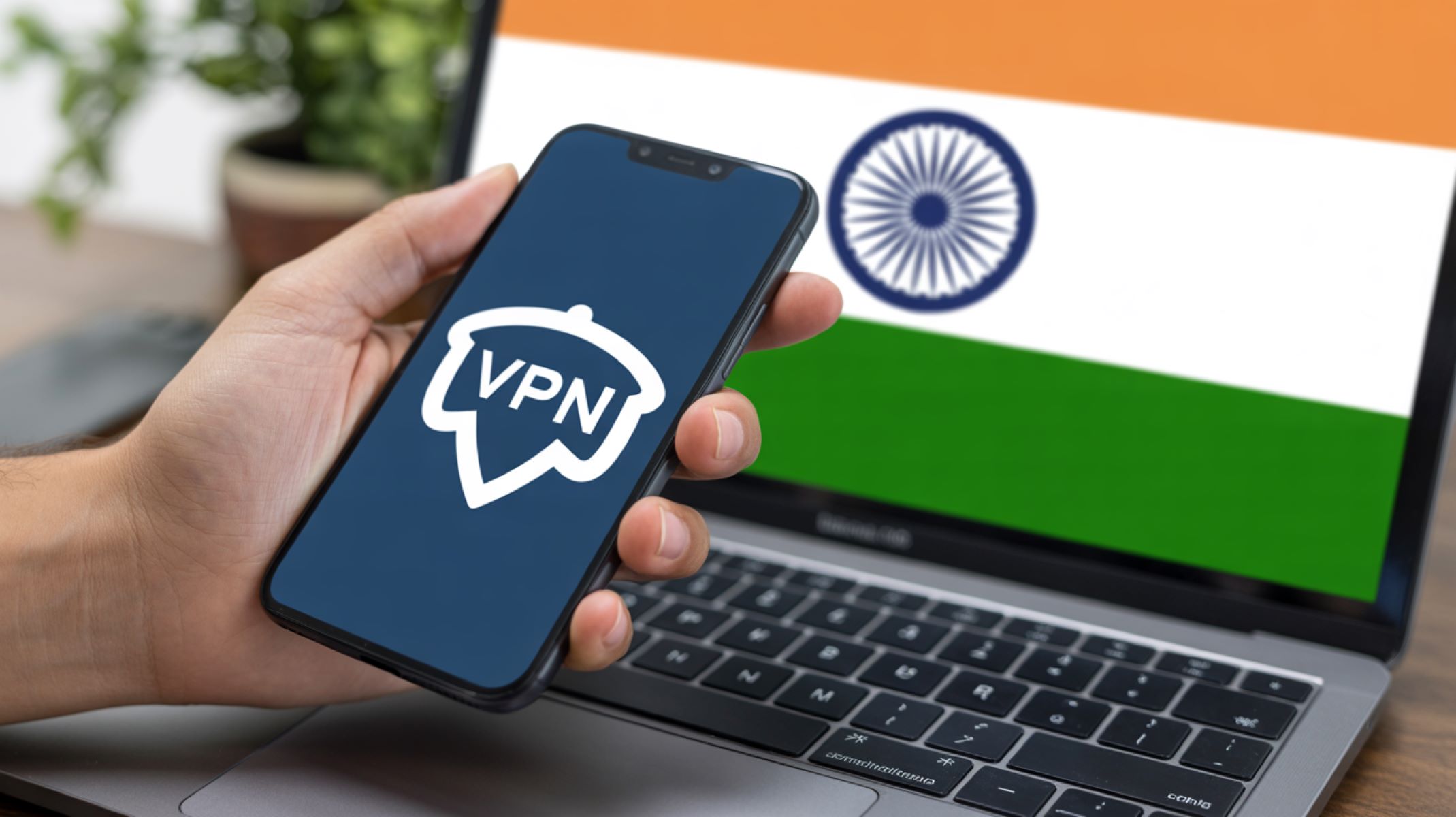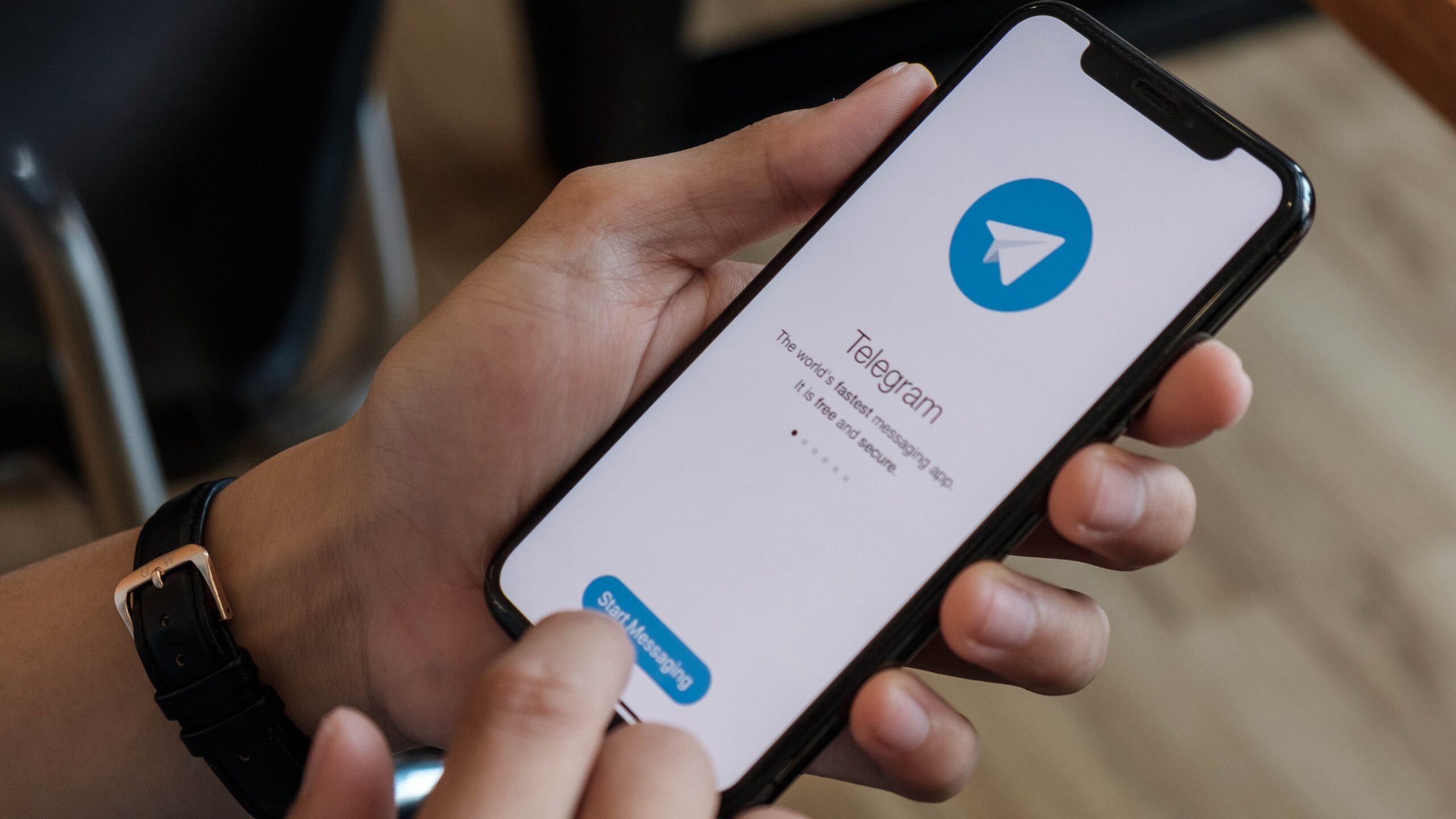Gambling and its accessibility have evolved significantly over the past few years, especially with the rise of online casino apps in India. While these apps offer convenience, entertainment, and the potential to win money, they also raise concerns about safety, particularly when it comes to teenagers. But the question remains: are Indian casino apps safe for teenagers? Let’s dive into this issue, examine the risks, regulations, and what parents and teens should know.
Understanding the Popularity of Casino Apps in India
The online gambling scene in India has experienced a significant surge in recent years, largely fueled by the widespread use of smartphones and mobile apps. These apps have made it incredibly convenient for users to access a variety of casino games at the touch of a button. From popular slot machines to classic table games like blackjack and poker, the variety of options available has made casino apps a major player in the digital entertainment space. The allure of playing these games for real money, combined with enticing bonuses and immersive experiences, is a huge draw for many people. The ability to play whenever and wherever, thanks to the near-ubiquity of smartphones, has only contributed to the growing popularity of these platforms.
For teenagers, the appeal of casino apps becomes even more pronounced. Today’s teens are more tech-savvy than ever before, with a deep familiarity with mobile phones and internet connectivity. This technological fluency makes accessing casino apps incredibly easy for them, and they are often drawn to these platforms by the combination of gaming and the potential for financial gain. The simplicity of the user interface, the promise of big wins, and the fun of playing games like slots and poker can be very enticing to young people who are looking for new ways to entertain themselves. With mobile apps marketed as accessible and easy to use, teens may view them merely as a way to have fun or experience something new.
The integration of gambling elements into gaming apps is another factor that fuels their appeal among teenagers. Many of these apps offer free-to-play versions alongside their real-money counterparts, which makes it easier for teens to dip their toes into the world of gambling without the initial risk. The excitement of winning virtual chips, the colorful graphics, and the thrill of competing in a game can all be deeply engaging. Furthermore, the nature of these apps—offering instant gratification, quick rewards, and constant feedback—appeals to the instant pleasure that many teens are accustomed to in their digital lives.
Risks of Casino Apps for Teenagers
| Risk Category | Description | Specific Concerns | Potential Consequences | Examples |
| Exposure to Gambling Addiction | Teenagers are still developing decision-making skills, making them more vulnerable to addictive behaviors. Gambling apps are designed to keep players engaged with rewards and frequent wins, creating a cycle of compulsive play. | – Risk of Losing Money – Gambling as Entertainment |
Teens may lose large sums of money. Additionally, they may develop unhealthy attitudes toward gambling. | – Teens may spend money impulsively on games. – Seeing gambling as a fun way to make money. |
| Lack of Legal Protection | Casino apps often operate in legal grey areas, especially in India where gambling laws vary by state. Many apps lack robust age verification, making it easy for underage users to access these platforms. | – Age Verification Issues – Legal Grey Areas |
Teens may face legal consequences or be exploited if something goes wrong, such as fraud or breaches. | – Easy for teens to access apps without age checks. – Potential legal issues if gambling is prohibited in their state. |
| Exposure to Inappropriate Content | Casino apps may expose teens to inappropriate content through ads or social features like chats, leading to risks such as exposure to adult material and unsafe interactions with strangers. | – Inappropriate Ads – Online Interactions |
Teens may be exposed to adult content, harmful advertisements, or be targeted by scammers in online chats. | – Ads glamorizing gambling. – Strangers making inappropriate comments or targeting teens for scams. |
| Financial Exploitation | Teens may not fully understand the financial implications of gambling or in-app purchases, leading to overspending. Apps often offer enticing bonuses and in-app purchases to enhance gameplay, which can easily become financially burdensome. | – In-App Purchases – Parental Controls |
Teens could spend more money than they can afford, causing financial strain on their parents or themselves. | – Accumulating costs due to buying chips or benefits. – Parental control features being bypassed by tech-savvy teens. |
| Security and Privacy Risks | With the increasing use of digital platforms, teenagers are at risk of falling victim to online scams and data theft. Many teens are unaware of the security risks associated with sharing personal information online. | – Data Theft – Scams and Fraud |
Teens may unknowingly share personal details, putting them at risk of identity theft or cybercrime. | – Falling for phishing scams or fake casino apps. – Sharing payment details on unsecured sites. |
Regulations Governing Casino Apps in India
- Complex Legal Landscape: India has a fragmented approach when it comes to online gambling laws. While gambling is legal in some states like Goa, Sikkim, and Daman, other states, like Maharashtra, have strict laws that prohibit online gambling, especially for minors. However, due to the lack of a unified national regulation for online gambling, there are significant grey areas in terms of law enforcement and app usage.
- Age Restrictions:
- Most reputable casino apps impose an age restriction of 18 or 21, depending on the region. However, many apps fail to enforce age verification effectively, which opens the door for underage users to access gambling platforms.
- Enforcing Age Verification: Some apps are stricter in verifying user age, requiring ID checks or using third-party services. Apps with robust age verification systems are generally safer for protecting underage users.
- Parental Awareness: Parents should stay vigilant and monitor their teenagers’ app usage to ensure they aren’t bypassing age restrictions. Using parental control features or restricting access to certain apps can help prevent underage gambling.
- State-Specific Regulations:
- In India, gambling laws differ from state to state, which creates inconsistencies in how gambling apps are regulated. For example, Goa and Sikkim have legalized gambling and have well-established regulations. In contrast, states like Maharashtra have stringent laws banning online gambling altogether.
- Regional Restrictions: Teenagers living in states with stricter gambling laws may find it difficult to access legal casino apps. However, these apps can still be accessed through alternative methods, such as using VPNs to bypass geographic restrictions. This makes it more challenging for regulatory bodies to prevent underage users from accessing gambling platforms.
- Lack of Oversight: In regions where online gambling is more loosely regulated, there is often limited oversight or enforcement of rules to ensure that apps are operating in a safe, responsible, and age-appropriate manner.
How to Protect Teenagers from the Risks of Casino Apps
One of the most important steps in protecting teenagers from the risks associated with casino apps is setting clear boundaries and guidelines around mobile app usage. Parents need to take an active role in guiding their teenagers and explaining the potential dangers of these apps. It’s essential to help them understand the risks involved with online gambling, including the possibility of developing an addiction, losing money, or encountering inappropriate content. Setting limits on app usage can help teens recognize that there are safe and enjoyable alternatives to gambling. In addition, parents should take advantage of parental controls available on most mobile devices, allowing them to block specific gambling apps or websites. Keeping an eye on any in-app purchases is also crucial, as it helps parents monitor their teen’s financial activity and prevent unauthorized spending.
Another key factor in protecting teenagers is teaching them about responsible gambling practices. It’s important that they understand the concept of gambling responsibly, especially if they are of the age where they may begin to explore such apps. Teaching them about the dangers of addiction, the importance of setting limits, and knowing when to stop is critical. Discussions should also focus on the potential financial consequences of gambling, ensuring that teenagers are fully aware of how quickly things can spiral out of control. Parents should encourage their teens to set limits on both the amount of time they spend on these apps and the amount of money they are willing to spend. This approach not only helps mitigate the risks of addiction but also promotes healthier behavior when it comes to engaging with online entertainment.
When allowing teenagers to use casino apps, it’s crucial to choose safer platforms that have robust age-verification systems and parental control features. Parents should research any app thoroughly before allowing their teens to use it, paying close attention to the licensing and regulation of the platform. It’s advisable to opt for apps that are licensed in reputable jurisdictions, as these apps are more likely to adhere to industry standards for fairness and safety. Many apps offer free-to-play versions or educational games, which can be a great way for teens to engage with gambling-related content without the financial risks involved. By selecting apps that prioritize safety and transparency, parents can ensure that their teens are using a platform that operates ethically and responsibly.
A Need for Responsible Usage
| Aspect | Explanation | Risks Involved | Protective Measures | Best Practices for Parents |
| Regulation of Apps | Many casino apps lack clear regulations, especially for minors, leaving a lot of grey areas. | Lack of oversight can lead to inappropriate content and unsafe practices. | Ensure apps are licensed and regulated in reputable jurisdictions. | Research and verify app regulations before allowing teens to use them. |
| Easy Access | Smartphones make it easy for teens to access gambling apps anytime and anywhere. | Teens may easily bypass age restrictions or parental controls. | Use parental controls to block access to gambling apps or websites. | Set up device-level restrictions and monitor app usage regularly. |
| Addictiveness of Gambling | The nature of casino apps can encourage addictive behavior through rewards, bonuses, and frequent wins. | Teens are more susceptible to addiction due to their developing decision-making skills. | Teach responsible gambling and set strict limits on time and money spent. | Have open discussions about addiction and its consequences. |
| Financial Risks | Teenagers might spend money on in-app purchases without fully understanding the financial consequences. | Teens may drain their accounts or incur debt without parental knowledge. | Monitor in-app purchases and spending, and set up spending limits. | Ensure teens understand the financial implications of online gambling. |
| Mental and Emotional Health | Constant exposure to gambling apps may affect mental and emotional health, leading to anxiety or stress. | The thrill of winning can lead to compulsive behavior or unrealistic expectations. | Encourage a balanced approach to entertainment and promote alternative activities. | Encourage healthy hobbies and social activities away from screens. |
The Role of Parents in Safeguarding Teenagers from Casino Apps
As mobile casino apps continue to rise in popularity, the role of parents in protecting their children from the potential dangers associated with these platforms becomes increasingly crucial. While many teens may see these apps as harmless entertainment, they often fail to recognize the risks they carry. From the addictive nature of gambling to the potential for financial loss, it’s essential for parents to take proactive steps to ensure their teenagers’ safety.
- Implement Strict Parental Controls
Many smartphones come with built-in parental control features, allowing parents to block gambling apps or set time limits for app usage. This is an important first step in ensuring that teens are not spending excessive time on potentially harmful platforms. By using these tools, parents can ensure their children aren’t exposed to apps without their knowledge. - Educate Your Teen about the Risks of Gambling
Awareness is key to preventing gambling addiction. Parents should have open and honest conversations with their teens about the risks associated with online gambling. This includes discussing the addictive nature of these apps and the financial consequences of spending money on in-app purchases. By fostering a clear understanding, parents can help their teens make better decisions when it comes to app usage. - Monitor Spending and App Usage
Regularly checking your teen’s spending on mobile devices can prevent unnoticed financial loss. Many casino apps offer in-app purchases, which can quickly add up. Setting up alerts for any purchases and reviewing financial statements is an effective way to ensure that your teen isn’t unknowingly spending money they don’t have. - Choose Safe and Secure Platforms
It’s essential for parents to research and select platforms that have adequate age verification procedures and adhere to strict regulations. Choosing casino apps that are licensed and regulated ensures that they operate under strict safety guidelines. Parents should avoid apps that don’t verify age or lack proper security measures, as these may expose teens to greater risks. - Promote Alternative Entertainment Options
Encouraging teens to explore other hobbies and forms of entertainment can divert their attention from the allure of casino apps. Sports, music, art, or video gaming can provide a healthy alternative that doesn’t carry the same risks. By promoting balanced, diverse interests, parents can help their teens engage in activities that foster personal growth rather than gambling.




